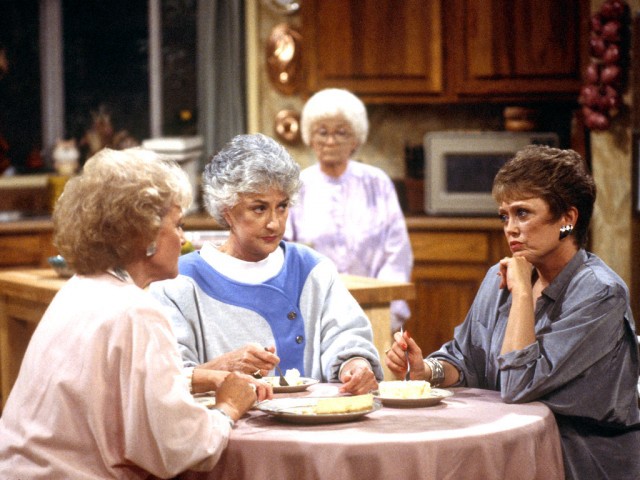One Out of Six Seniors Experiences Food Insecurity

I hope you read Mike’s piece on the difficulty of delaying retirement yesterday, because here’s a sad followup.
According to CNN, one out of every six senior citizens in America is food insecure, which means they either cannot afford food or have difficulty accessing food (or both).
This includes 9.6 million people over age 60. It also includes people who “did everything right” only to be hit by surprise costs post-retirement:
The couple had sold their suburban New Jersey home where they had raised three children and set out to pursue the glossy dream of an easygoing retirement in sunny southwest Florida. But Mina and Angelo Maffucci quickly ran out of money — overtaken by illness, bad luck and an economic crisis that claimed their Naples dream home to foreclosure. They soon found themselves staring at an empty cupboard.
“You open up the closet and all we had was coffee,” said Angelo Maffucci, 82, who had been a drywall installer in New Jersey. “I never thought we would be down on our hands and knees like that, but it happened fast.”
If Maffucci retired at age 65 (his retirement date is not stated in the story, but let’s hypothesize for a minute), he would have spent the past 17 years without a steady income. If he and his wife wanted to live on a modest $40,000 a year, that means that the household would have had to bring in a total of $680,000 in the past 17 years, between retirement savings, investments, and Social Security. And that’s before you consider the cost of illness, or the medical costs involved in aging.
Sure, a person like Maffucci could have continued working after age 65, but as Mike noted yesterday, that can be a fantasy akin to winning the lottery. You literally have to win the health lottery, not to mention the employment lottery, in order to continue working as you transition into older age.
CNN states that the Maffuccis get $34 a week in food stamps, adding “Their diet still leans heavily on pasta and coffee.” Other seniors are relucant to get on food stamps, for a number of reasons that include pride, the difficulty of navigating the complicated application process, and — unstated in the CNN piece but something I’m guessing based on my own food stamp experiences — the fact that you have to spend down or otherwise get rid of most of your assets to be eligible for food stamps. Why give up something you have in exchange for $34 a week?
Now I’m thinking of our upcoming Billfold Book Club book The Subprimes, and the idea that if you aren’t rich, you will eventually end up poor. Is that just how it’s going to be, for people like the Maffuccis and for a lot of us?
Support The Billfold
The Billfold continues to exist thanks to support from our readers. Help us continue to do our work by making a monthly pledge on Patreon or a one-time-only contribution through PayPal.
Comments